“Yesterday, the national joint diagnosis and treatment team consulted your father online, and today it will be transferred to a higher-level hospital for further diagnosis and treatment. You can rest assured…” After the last phone call with the patient’s family, Dr. He Chengxiang’s ears were already Some are slightly hot. He breathed a long sigh of relief. At this time, the clock on the wall had moved to 13:30, and there was not much time left before entering the ward. After hurriedly finishing the lunch, he started the preparations for the handover of a new shift.
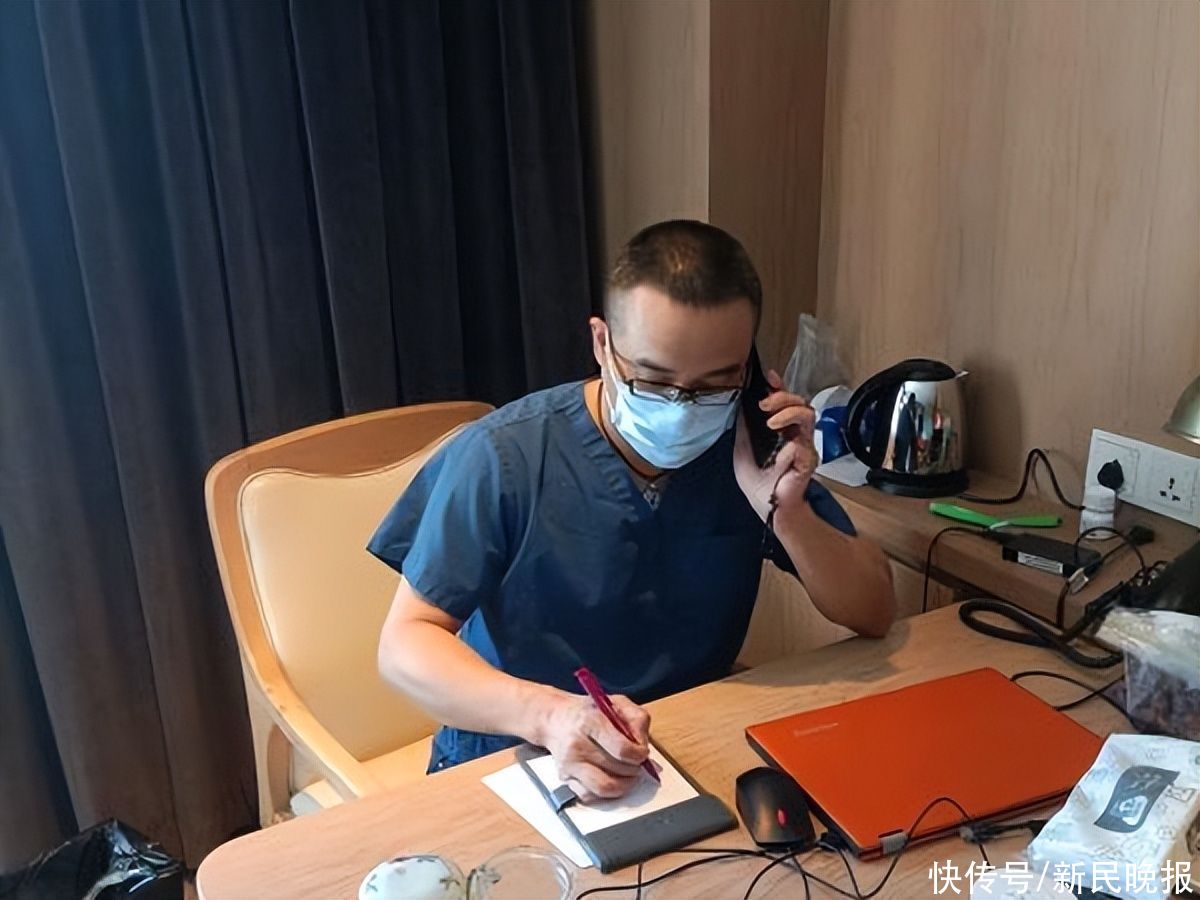
Since Liqun Hospital was designated to treat patients with COVID-19, she has been with the patient’s family after ward rounds every day. Making a phone call for 1-2 hours has become a daily “regular action” for doctors in designated wards. According to the heads of several wards in the hospital, 60% of the new crown patients admitted to designated places are aged 70 to 90. Basically, every elderly patient suffers from underlying diseases such as hypertension, diabetes, cardiovascular or renal dysfunction in addition to being infected with the new crown. In order to keep the quality of the treatment and care given to these “old babies” in the hospital, all the medical staff of Liqun want to take the lead and act first, and use the “three steps forward” working method to escort the treatment of elderly patients .
Step forward to communicate and ease family concerns
“Because the designated hospital is full of In a positive environment, family members have no way to accompany them, and elderly people over 90 enter the ward alone. It is normal for children to be worried.”
Department of Medical Services, Liqun Hospital Chang Wuying introduced that before accepting patients, Liqun Hospital conducted a preliminary analysis of the overall situation of elderly patients, requiring each ward to establish a “family hotline”, and party members took the lead in setting up a special liaison working group to communicate with the elderly. Family members of elderly patients exchange WeChat messages, often with or without. In just a few days, the “bridge” of communication was opened in all 8 wards. The heads of some wards also took the initiative to disclose their mobile phone numbers so that they can be contacted for consultation in an emergency. “Although we may have to reply to hundreds of WeChat messages a day, but to give our family more peace of mind, we will feel more at ease when we work.”
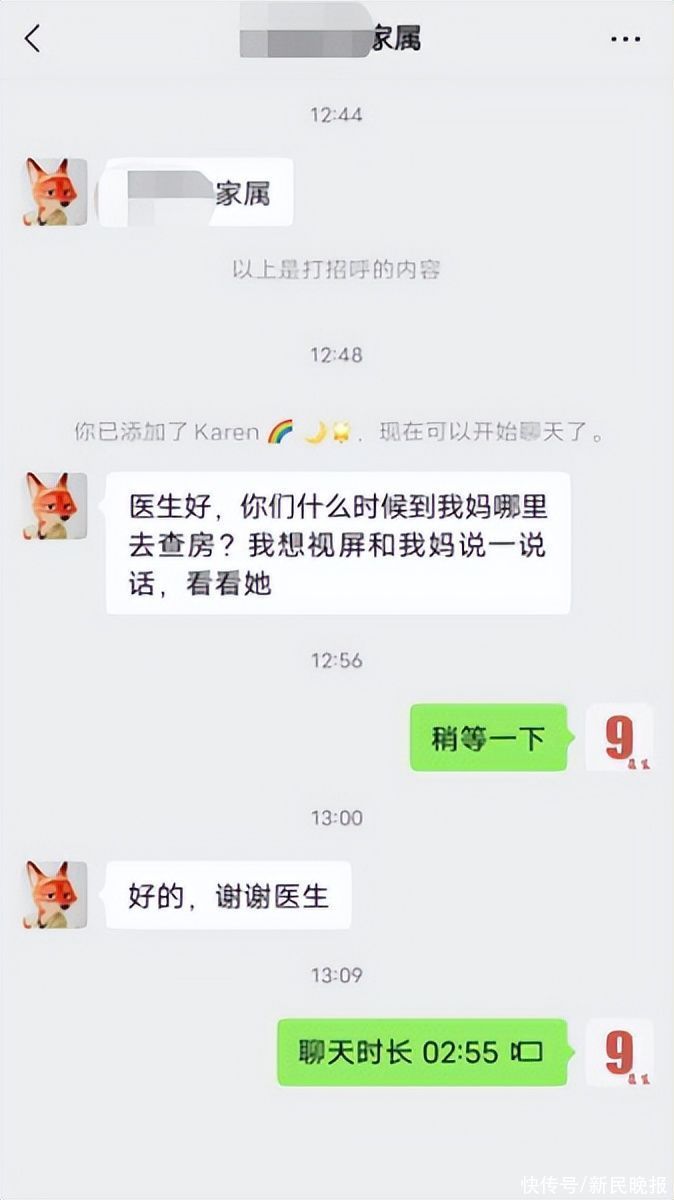 < /img>
< /img>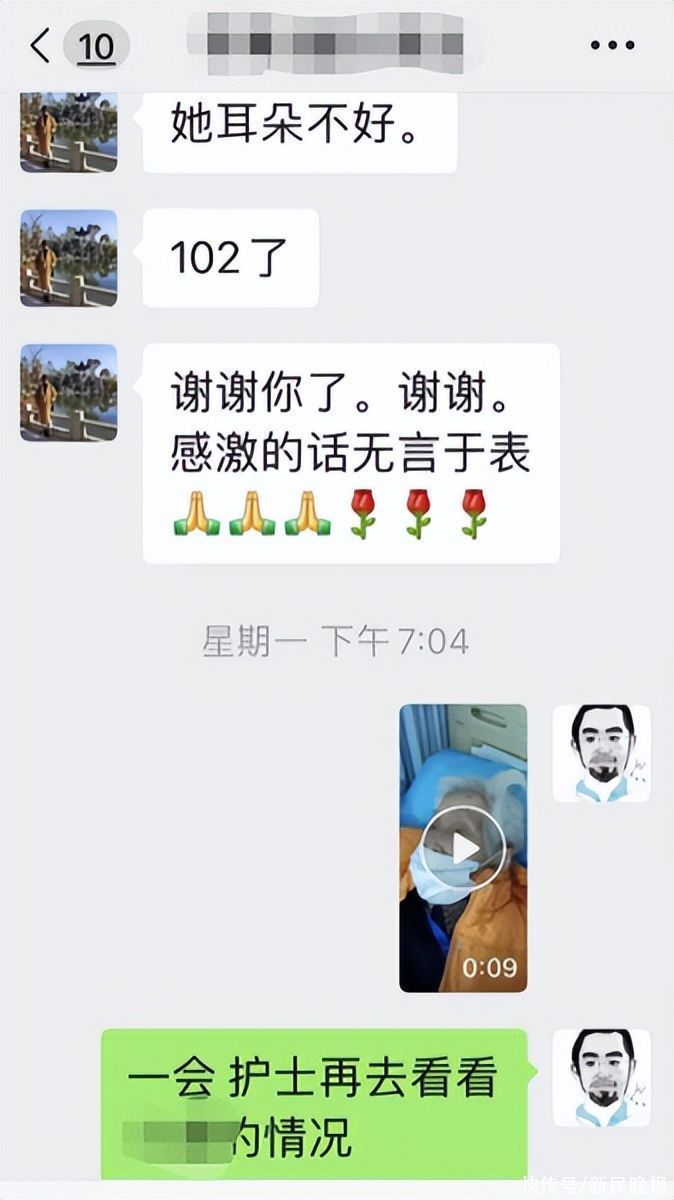
During special periods, nurses cannot enter the cabin to take care of patients. The diagnosis and treatment work, but also to take care of the elderly patients, such as wiping, eating, going to the toilet and other nursing matters. After a few days, “Da Bai” has become the “most trusted and kind person” for the elderly.
One step ahead to fill in the gaps in medical history
Complete the hospital in just 48 hours After the renovation, more than 500 patients were admitted in just 4 days… During the intense admission process, the admission of new crown patients could not be archived with detailed information as usual, and many medical records and other materials were not around. However, the lack of information has not stumped these “big whites”. In order to grasp the situation of elderly patients with complex medical history, Liqun’s doctors and nurses have once again “stepped forward”.
“For patients who have been treated in other hospitals, we take the initiative to connect with the previous hospital, ask for past medical records, read the medical history and diagnosis and treatment plan in detail; for the elderly infected in the community , we will bring his (her) list of commonly used medicines and update them in time to ensure the consistency of medication; in addition, for each elderly patient, we will complete it in batches within 2 days after admission. The tests of blood routine, electrolytes and other indicators are used to have a grasp of the internal environment of each elderly person.” Huang Wei, head of the ten wards, introduced.
To sort out each person’s medical history is not an easy task for an already very busy isolation ward. Most of the time, doctors can only do it in their own rest time after leaving the cabin, and they need to communicate repeatedly with the patient’s family during this period, but the medical staff of Liqun Hospital feel that such an “addition” is worth doing. Dr. He Chengxiang said, “Many elderly people have low potassium, low sodium and other problems that cannot be seen from the outside. It is precisely because of stepping forward and moving the barrier that the right medicine can be prescribed to reduce the number of elderly people who become critically ill due to the combination of underlying diseases and new crowns. .”
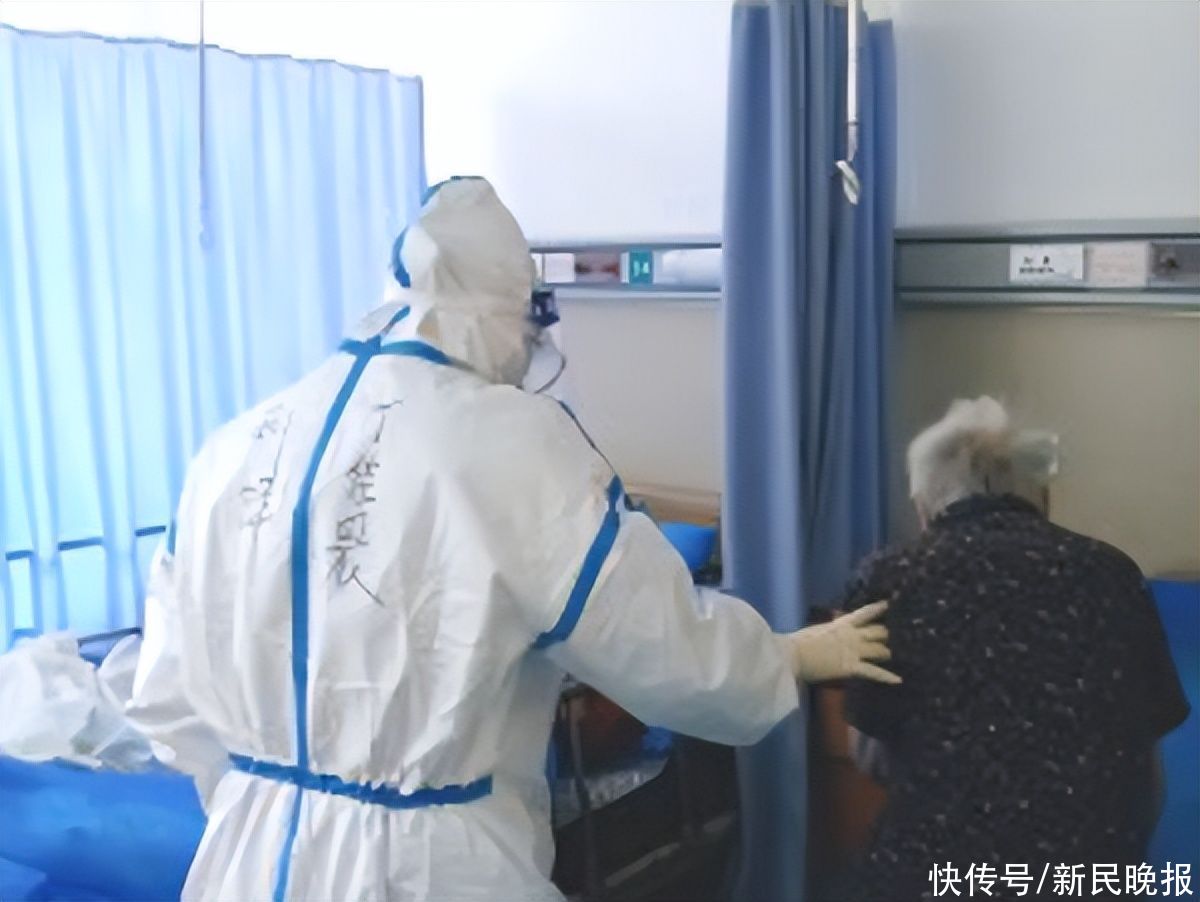
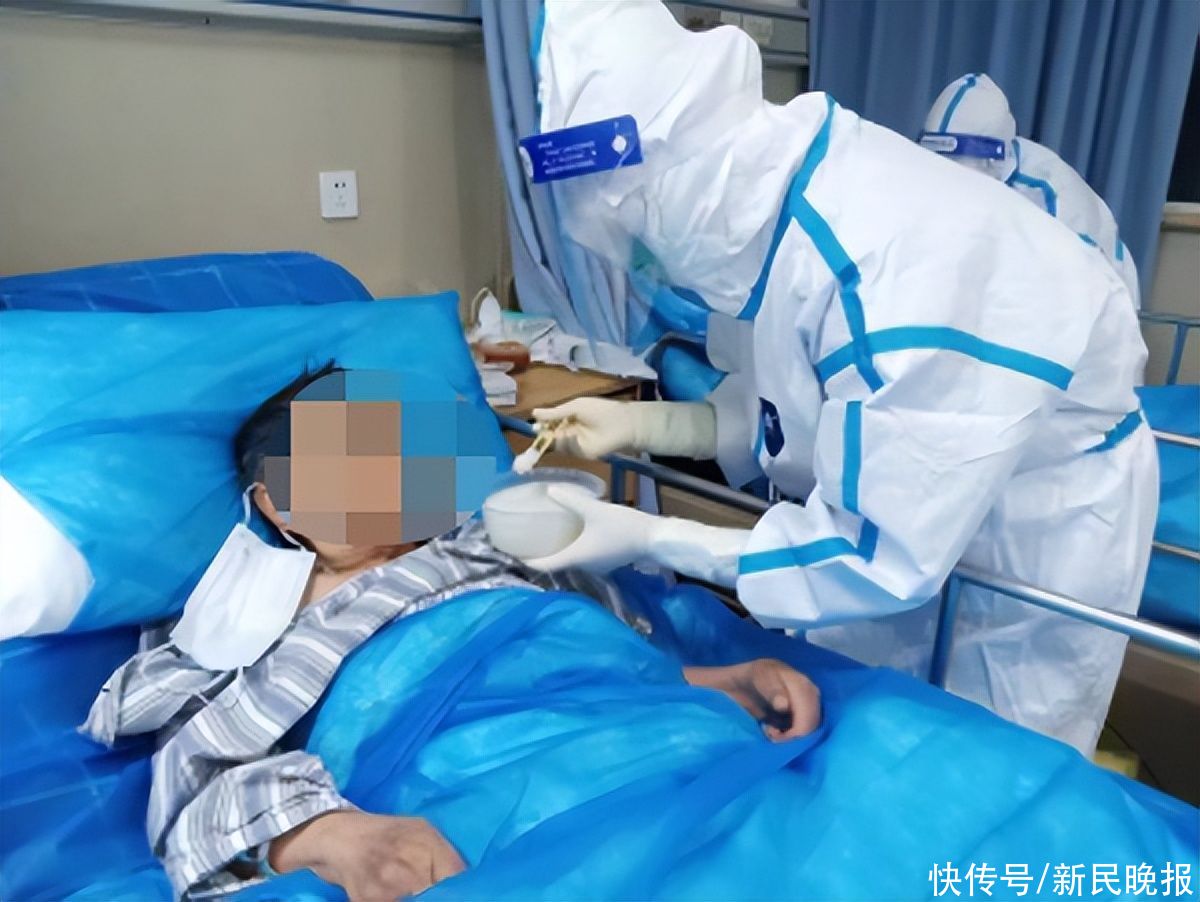
Take a step forward for early warning and improve the treatment effect
In Liqun Hospital’s new crown patient admission file, there is also a “special” The list” is read repeatedly by the medical department and the nursing department every day, and is constantly updated during the morning shift. That is the case of critically ill patients with new crowns and severe underlying diseases that are focused on by various wards. For pregnant women, infants and young children who are admitted to the hospital with positive treatment, as well as patients with serious underlying diseases, the medical department will draw special circles to form “one person, one file”, monitoring and early warning, tracking and identification, and try to prevent the development of severe and critical diseases.
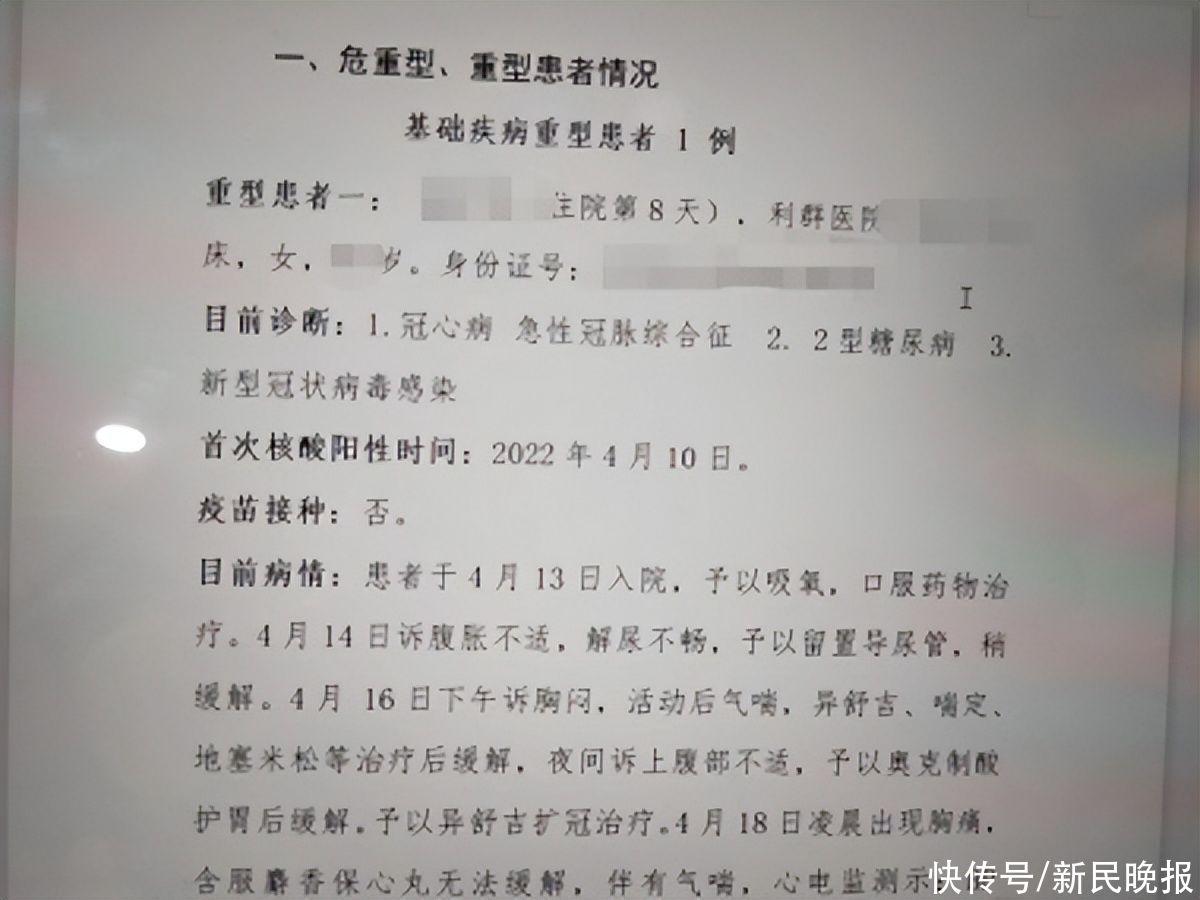
Emergency doctor Zhang Zhonglin recalled the rescue of an elderly hemodialysis patient, YesBenefit from this “pre-warning”. “I still remember that when a hemodialysis-positive patient was admitted to the hospital, he had not undergone dialysis for 8 days. We first learned that he was a hemodialysis patient, and created a separate file for him, first by temporarily deploying a bedside hemodialysis machine and related drugs. After stabilizing his condition, he continued to apply for a bed at the city-level positive hemodialysis designated hospital. Finally, the patient was transferred to a hospital with better conditions, and hemodialysis three times a week was also guaranteed.”
“Big White” took a small step forward, and “Cure” took a big step forward. Every step forward of the designated hospital for the treatment of new crown patients in Putuo District is the persistence and dedication of the guardian, and the responsibility and responsibility of the salaried person. In the process of fighting against the new crown virus, Putuo health workers have built the most solid health barrier for the people with repeated active actions.
Information: Health Putuo Medical Cube